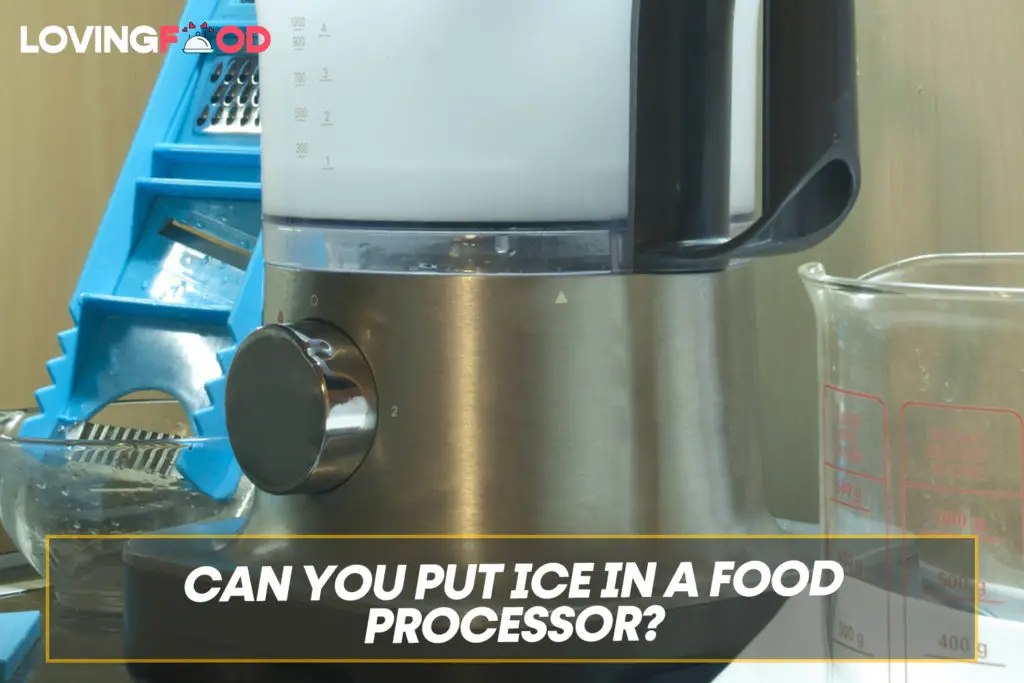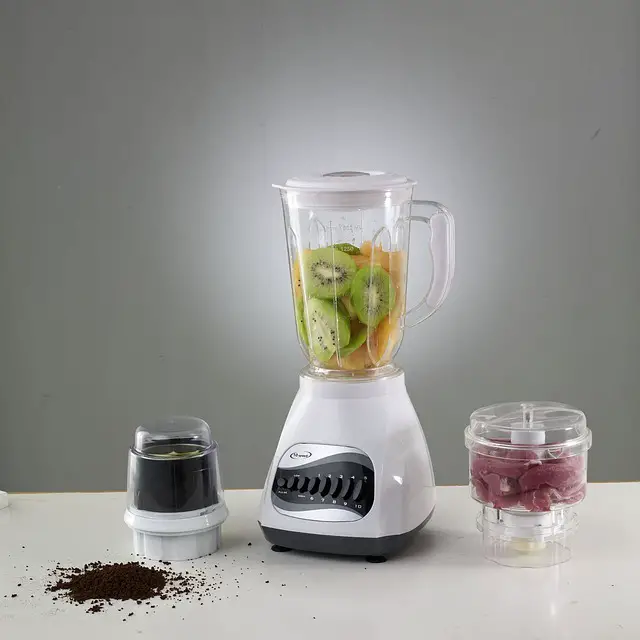Selecting the right food suppliers is a critical decision that can significantly impact the success and reputation of your business.
Finding suppliers who can consistently provide high-quality products, adhere to safety standards, and offer competitive pricing is essential for maintaining customer satisfaction and operational efficiency.
In this guide, we will explore 4 essential steps to help you make informed choices when choosing food suppliers, ensuring that your business thrives in the competitive food industry.
Continue reading for more!
1. Research and Shortlist Potential Suppliers
When it comes to finding the perfect food suppliers for your business, conducting thorough research and shortlisting potential candidates is a crucial step. Think of it as a foodie treasure hunt! Start by exploring online directories and industry associations to get an idea of the suppliers available in your niche.
Don’t forget to tap into the wisdom of experienced business owners and industry professionals for valuable recommendations. Once you’ve compiled a list, it’s time to dive deeper into each supplier’s background and track record. Check out their experience in the industry and customer reviews to gauge their reliability.
By narrowing down your options with diligent research, you’ll be well on your way to building strong partnerships with suppliers that align perfectly with your business needs. Remember, the more time you invest in research now, the tastier the rewards will be in the long run!
2. Evaluate Supplier Reliability and Track Record
A well-established supplier with a proven track record is more likely to have the expertise and resources to meet your demands consistently.
Don’t be shy to ask for references from other businesses they have worked with. Hearing about their experiences firsthand can provide valuable insights into the supplier’s strengths and weaknesses. Additionally, browse through online customer reviews and testimonials to get a sense of their reputation and how they handle any issues that may arise.
One crucial aspect of evaluating reliability is ensuring that the supplier can consistently provide your required food products on time. Late deliveries can disrupt your operations and affect customer satisfaction. Inquire about their order fulfillment process and the measures they have in place to maintain a steady supply chain.
It’s always a good idea to request product samples before making a final decision. Tasting and assessing the quality of their offerings firsthand will help you determine if their products meet your standards and align with your brand identity.
3. Quality and Safety Standards
When it comes to food suppliers, ensuring the highest quality and safety standards is non-negotiable. Your customers’ health and satisfaction depend on it, and a single mishap can have severe consequences for your business. To make sure you’re partnering with the right suppliers, pay close attention to their adherence to quality and safety protocols.
Start by verifying that the supplier complies with all relevant food safety regulations and certifications. They should be able to provide evidence of regular inspections and audits from relevant authorities.
Look for certifications such as Hazard Analysis and Critical Control Points (HACCP), Global Food Safety Initiative (GFSI), or Food and Drug Administration (FDA) approval. For example, if you are looking for beef burger patties, it is crucial that every step of production is approved by the right department. This can include caring for the cows and the butchering of the meat.
A supplier’s commitment to quality assurance processes is another critical factor. Inquire about their quality control procedures, including how they monitor and maintain the quality of their products. A reputable supplier should have strict quality checks at every stage of the production process to ensure consistency and excellence in their offerings.
To get a hands-on understanding of their products’ quality, consider requesting product samples. This will give you the opportunity to assess the:
- Taste
- Texture
- Overall quality of their goods
A reliable supplier will be more than willing to provide samples for evaluation. It’s essential to ask about their handling and transportation procedures. Enquire about how they store and transport their products to ensure they maintain their quality and safety during transit.
4. Pricing and Terms of Agreement
While quality and safety are paramount, pricing and the terms of the agreement are equally important factors to consider when selecting food suppliers for your business. As an entrepreneur, managing costs effectively is essential to maintain a healthy bottom line without compromising on the quality of your offerings.
Start by comparing prices from different suppliers on your shortlist. However, keep in mind that the cheapest option may not always be the best choice. Consider the overall value you’ll receive for the price, including the:
- Quality of the products
- Reliability of deliveries
- Customer service
It’s also crucial to understand the payment terms and credit policies of each supplier. Some may require upfront payments, while others may offer credit options or discounts for bulk orders. Evaluate these terms and ensure they align with your business’s financial capabilities and cash flow.
Negotiating with potential suppliers is a common practice in the business world. Don’t hesitate to discuss pricing and other terms to find a mutually beneficial agreement. Many suppliers are open to negotiation, especially if you can offer a consistent and substantial volume of business.
Additionally, pay attention to any hidden costs that might impact your final expenses. These could include:
- Shipping fees
- Handling charges
- Surcharges for special requests
Be sure to clarify all these details before finalizing your decision.
Remember that the goal is not just to find the cheapest option, but to strike a balance between affordability and quality. A reliable supplier who offers fair pricing and favorable terms can contribute significantly to your business’s profitability and long-term success.
Are You Looking for the Right Food Supplier?
Choosing the right food suppliers for your business is a multifaceted process that requires careful consideration of various factors.
Building strong partnerships with reliable suppliers will not only enhance the quality of your products but also contribute to your business’s overall growth and success. Remember, a well-curated network of food suppliers is the backbone of a thriving food business.








